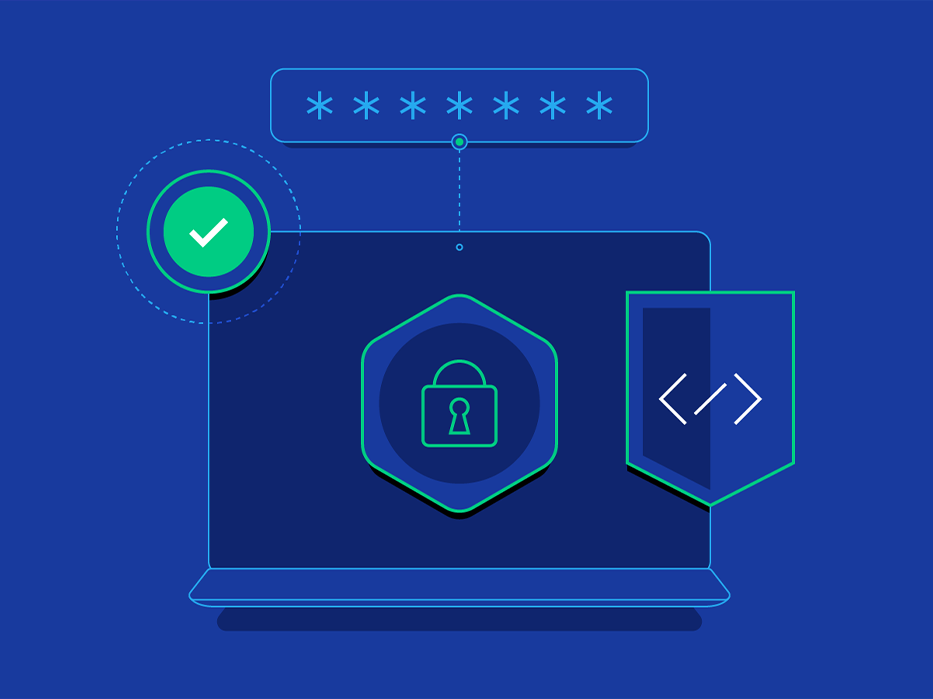Ethical hacking, also known as penetration testing or white-hat hacking, plays a crucial role in cybersecurity by proactively identifying and mitigating vulnerabilities in computer systems, networks, and applications. Unlike malicious hacking, ethical hacking is performed with permission and aims to improve the security posture of organizations. Here’s an exploration of the role and significance of ethical hacking in today’s digital landscape.
Understanding Ethical Hacking
Ethical hackers are skilled professionals who use the same techniques and tools as malicious hackers to identify and exploit vulnerabilities. However, their goal is to uncover weaknesses before they can be exploited by cybercriminals. Ethical hacking encompasses several key activities:
- Vulnerability Assessment: Identifying potential vulnerabilities and weaknesses in systems, networks, and applications.
- Penetration Testing: Simulating real-world cyberattacks to assess the effectiveness of security defenses.
- Security Audits: Conducting comprehensive reviews of security policies, configurations, and controls to ensure compliance and effectiveness.
Importance in Cybersecurity
Ethical hacking is instrumental in enhancing the overall security posture of organizations in several ways:
- Proactive Security Testing: By conducting regular ethical hacking assessments, organizations can identify and remediate vulnerabilities before they are exploited by malicious actors.
- Risk Mitigation: Ethical hacking helps organizations prioritize security investments by focusing on high-risk areas and potential attack vectors.
- Compliance Requirements: Many industries and regulatory bodies require regular security assessments, and ethical hacking helps organizations meet these compliance obligations.
Ethical Hacking Techniques
Ethical hackers employ a variety of techniques to uncover vulnerabilities and assess security controls:
- Network Scanning and Enumeration: Identifying active hosts, open ports, and network services to understand the network topology.
- Social Engineering: Testing human vulnerabilities through phishing simulations and other social engineering tactics to assess employee awareness and response.
- Exploitation: Attempting to exploit identified vulnerabilities to demonstrate their impact and severity.
- Reporting: Providing detailed reports and recommendations for mitigating identified vulnerabilities and improving overall security posture.
Benefits for Organizations
The role of ethical hacking brings several benefits to organizations of all sizes and industries:
- Enhanced Security Awareness: Ethical hacking initiatives raise awareness among employees and stakeholders about cybersecurity threats and best practices.
- Cost Savings: Identifying and fixing vulnerabilities proactively reduces the potential costs associated with data breaches and cyber incidents.
- Reputation Management: Demonstrating a commitment to security through ethical hacking can enhance an organization’s reputation and trustworthiness among customers, partners, and regulators.
Career Opportunities in Ethical Hacking
Ethical hacking offers promising career opportunities for cybersecurity professionals:
- Certifications: Industry-recognized certifications such as Certified Ethical Hacker (CEH) validate skills and knowledge in ethical hacking techniques.
- Continuous Learning: Ethical hackers must stay updated on the latest security trends, tools, and techniques to remain effective in their roles.
- Ethical Responsibility: Ethical hackers play a critical role in maintaining the integrity and security of digital systems while adhering to ethical guidelines and legal frameworks.
Conclusion
Ethical hacking is an indispensable component of modern cybersecurity strategies, enabling organizations to proactively identify and mitigate vulnerabilities before they can be exploited by malicious actors. By embracing ethical hacking practices, organizations can strengthen their defenses, protect sensitive information, and foster a culture of security awareness and resilience in the face of evolving cyber threats.
Ethical hacking not only safeguards organizations from potential cyberattacks but also contributes to the broader goal of building a secure and trustworthy digital ecosystem.





